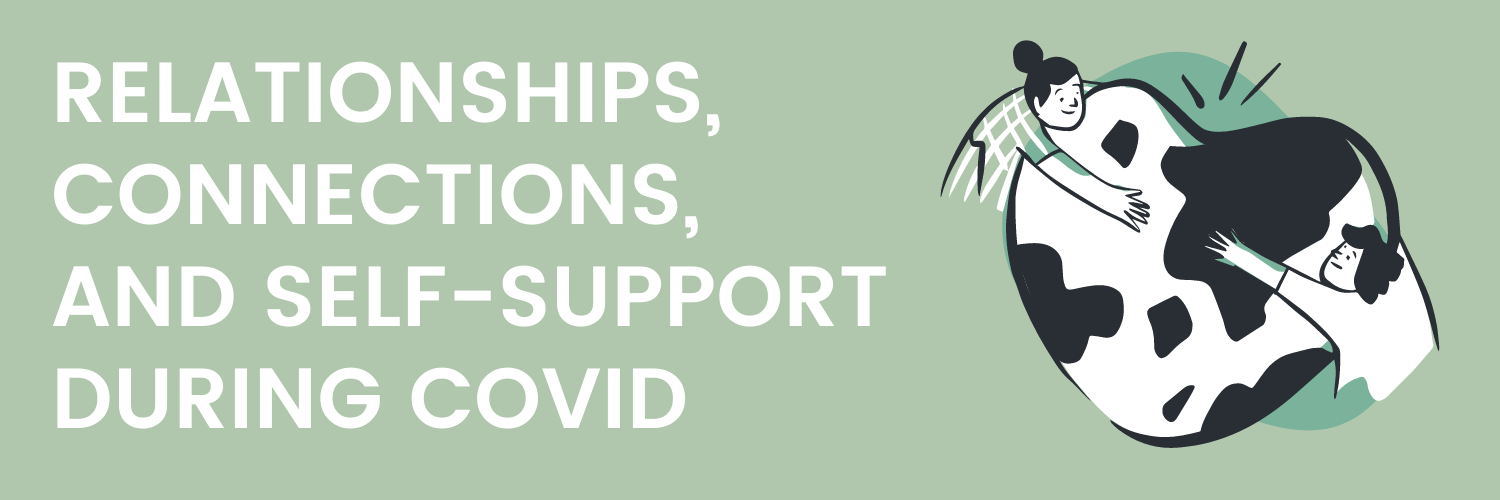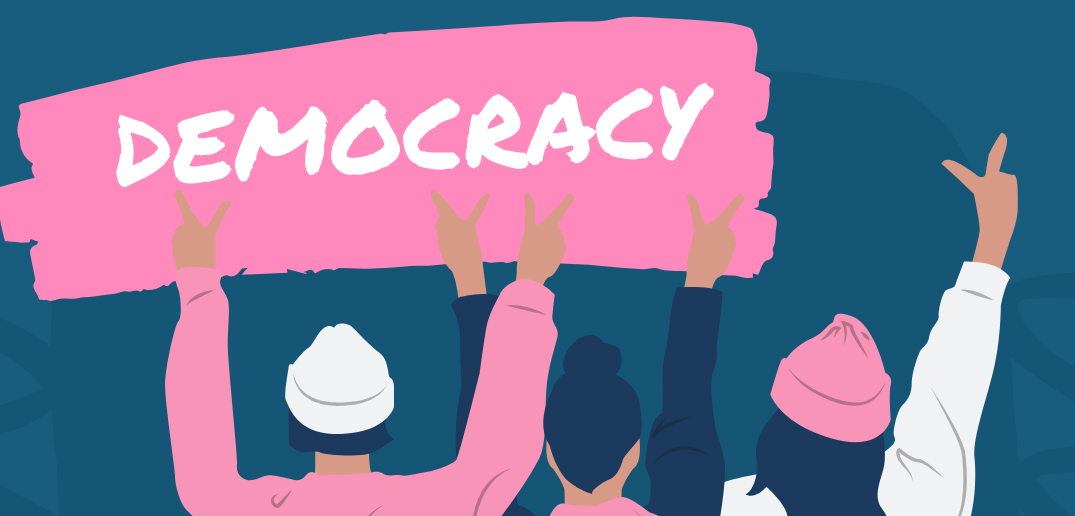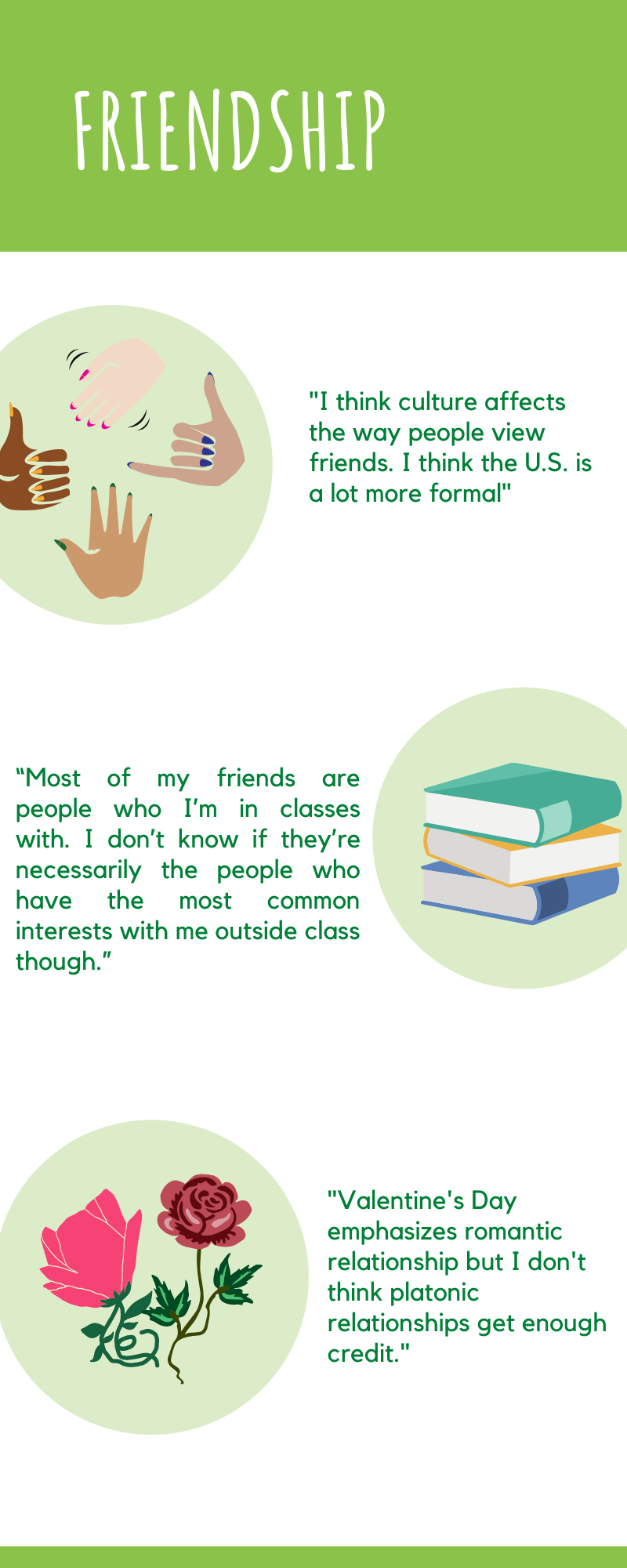
Team Kenan’s first One+One+One conversation centered on the nature of evolving relationships, finding connection, and supporting yourself and others during Covid19. For many of the participants, the conversation was a much-needed opportunity to share harbored emotions and thoughts; for others, the conversation was a welcome reminder of normalcy.
The first question asked participants how they have found connection during quarantine. Most students said that quarantine made building connections more difficult. Still, responses were wide and varied. Off-campus and home students struggled with feeling disconnected from campus and their friends. Moreover, the preconceived ‘leg-up’ that on-campus freshman had in forming new connections was nowhere to be found, as many freshmen cited difficulty forming relationships and dealing with newfound independence, and feelings of isolation. However, for other students, Covid was a much-needed break for personal growth and a time to consider the significance of their relationships.
Students also shared how the current situation had affected their relationships with friends and family. There was about an even split of positive and negative impacts. Some common negative sentiments were that quarantine’s drastic transition and uncertainty forced students to revisit unstable family situations, which impacted their mental health and well-being. Other students came to cherish the opportunity to reconnect with their family and high school friends and felt that their relationships improved. Many students acknowledged that they were ‘bad texters’ and struggled to keep in touch with distant friends. However, they all asserted a will to rectify lost connections and be more proactive in their future relationships.
Lastly, students addressed their efforts to support themselves and their friend groups. Common themes were taking time to support themselves, balancing hobbies and work, and combatting constant pressure to be productive. Moreover, students prioritized routine communication with friends and learned to normalize occasional self-indulgence.





